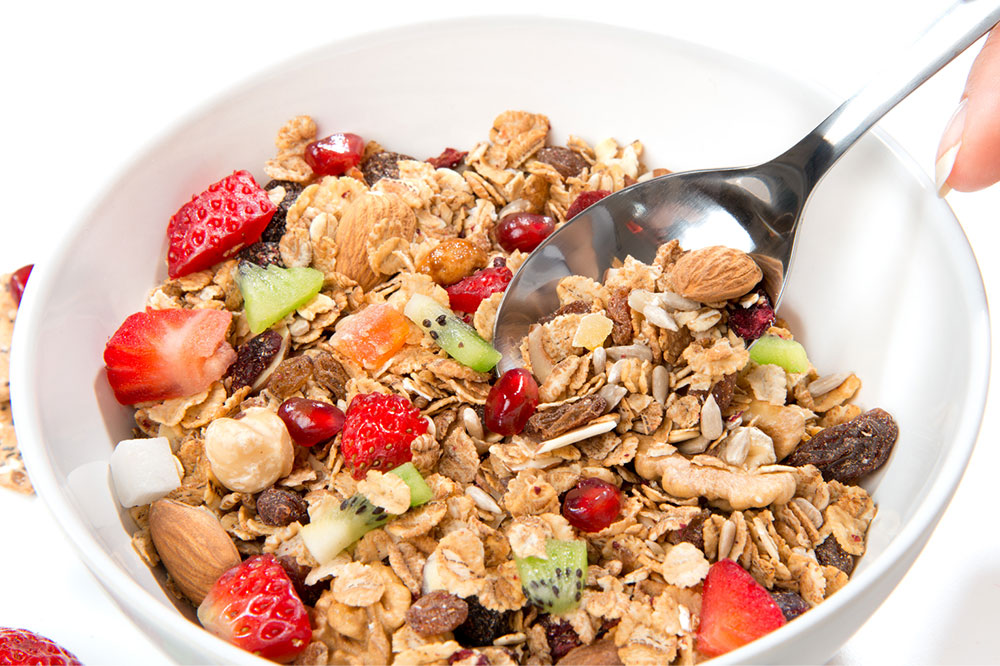Optimal Nutrition Strategies for Managing Schizophrenia
This article offers insights into optimal dietary choices for individuals with schizophrenia, emphasizing nutrient-rich foods like fruits, vegetables, fatty fish, and shellfish, while advising the reduction of gluten and refined sugars. Proper nutrition can play a vital role in managing symptoms and improving overall health.
Sponsored

Nutrition Tips for Individuals with Schizophrenia
People living with schizophrenia often adopt diets that are poor in nutrients, with low consumption of fruits and fibers, yet high in saturated fats. Such dietary patterns can lead to additional health issues like obesity, diabetes, and heart problems, which are common concerns in this population. Research indicates that diet modifications can positively influence schizophrenia symptoms. Here are recommended foods to include and avoid for better health management.
Recommended Foods
Fruits
Incorporating fruits such as apples, pears, and berries helps increase fiber intake. Fiber supports digestion, reduces cholesterol, and lowers risks of obesity, diabetes, and cardiovascular conditions.
Vegetables
Vegetables are naturally low in fats and cholesterol, rich in essential vitamins and fiber. Foods like sweet potatoes, kidney beans, and spinach — high in folate — may help reduce schizophrenia symptoms. Other folate-rich choices include asparagus and black-eyed peas.
Fatty Fish
Fish like salmon and mackerel provide valuable omega-3 fatty acids, crucial since the body cannot produce them. These nutrients can lessen, prevent, or slow schizophrenia symptoms. Vegetarians can opt for walnuts or omega-3 supplements upon medical advice.
Shellfish
Crab and oysters contain zinc, which may be deficient in some individuals with schizophrenia. Adequate zinc intake supports mental health and could help manage symptoms.
Clams
Rich in vitamin B12, clams help prevent psychosis linked to B12 deficiency. Other sources include trout, liver, and B12 supplements for vegetarians.
Foods to Limit or Avoid
Wheat and Bread
Some research suggests gluten sensitivity may influence schizophrenia severity. Switching to gluten-free grains might be beneficial for some individuals.
Sugary Foods and Drinks
Excessive intake of refined sugars from sweets and sodas can lead to diabetes, complicating mental health conditions. Reducing sugary foods can help manage and alleviate symptoms.






